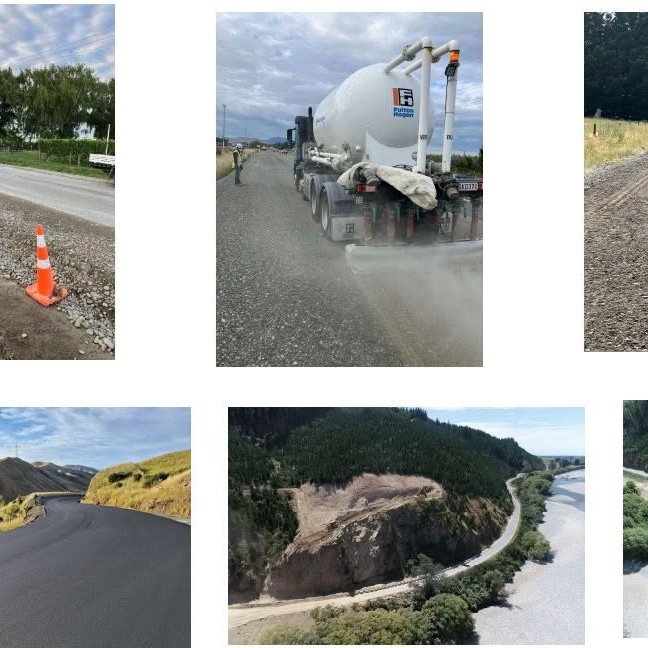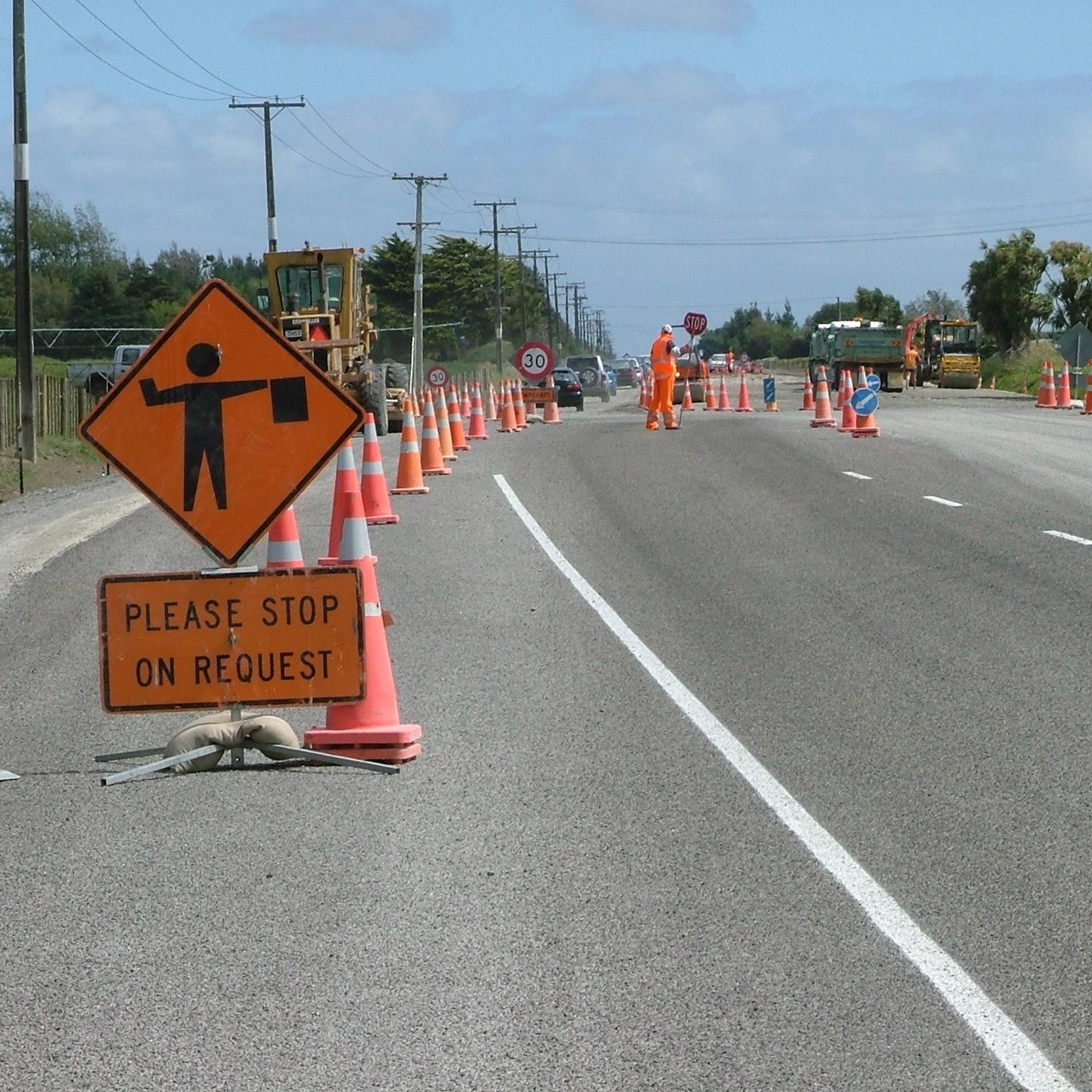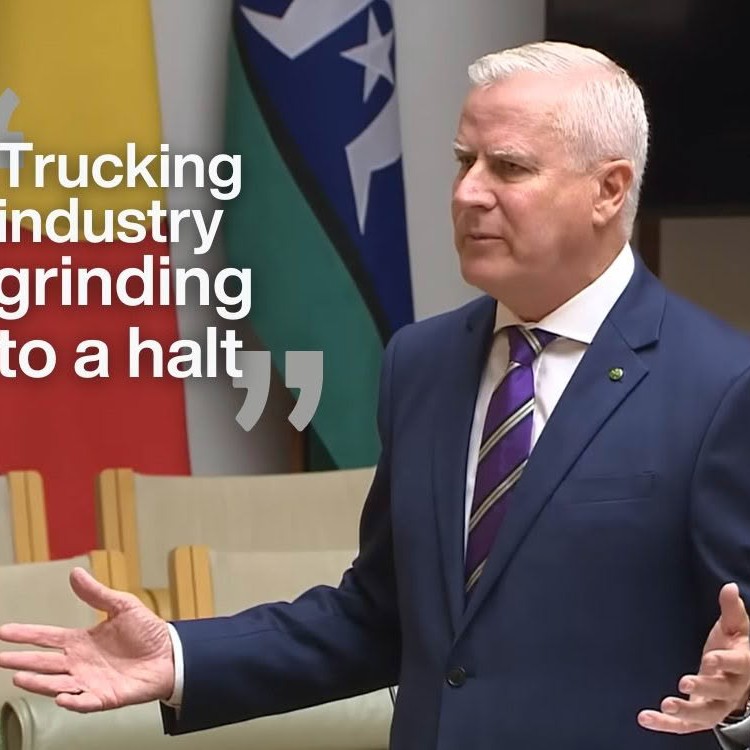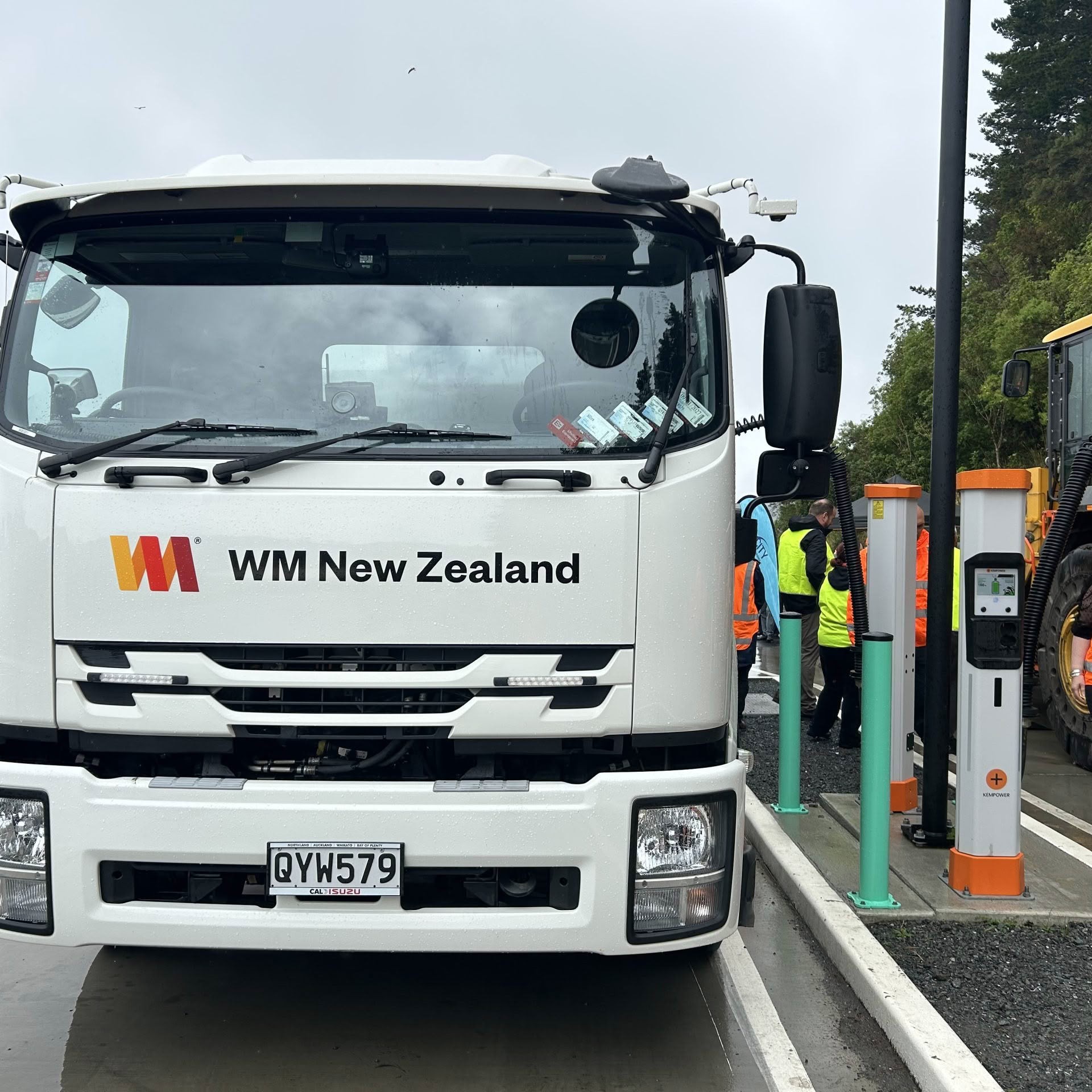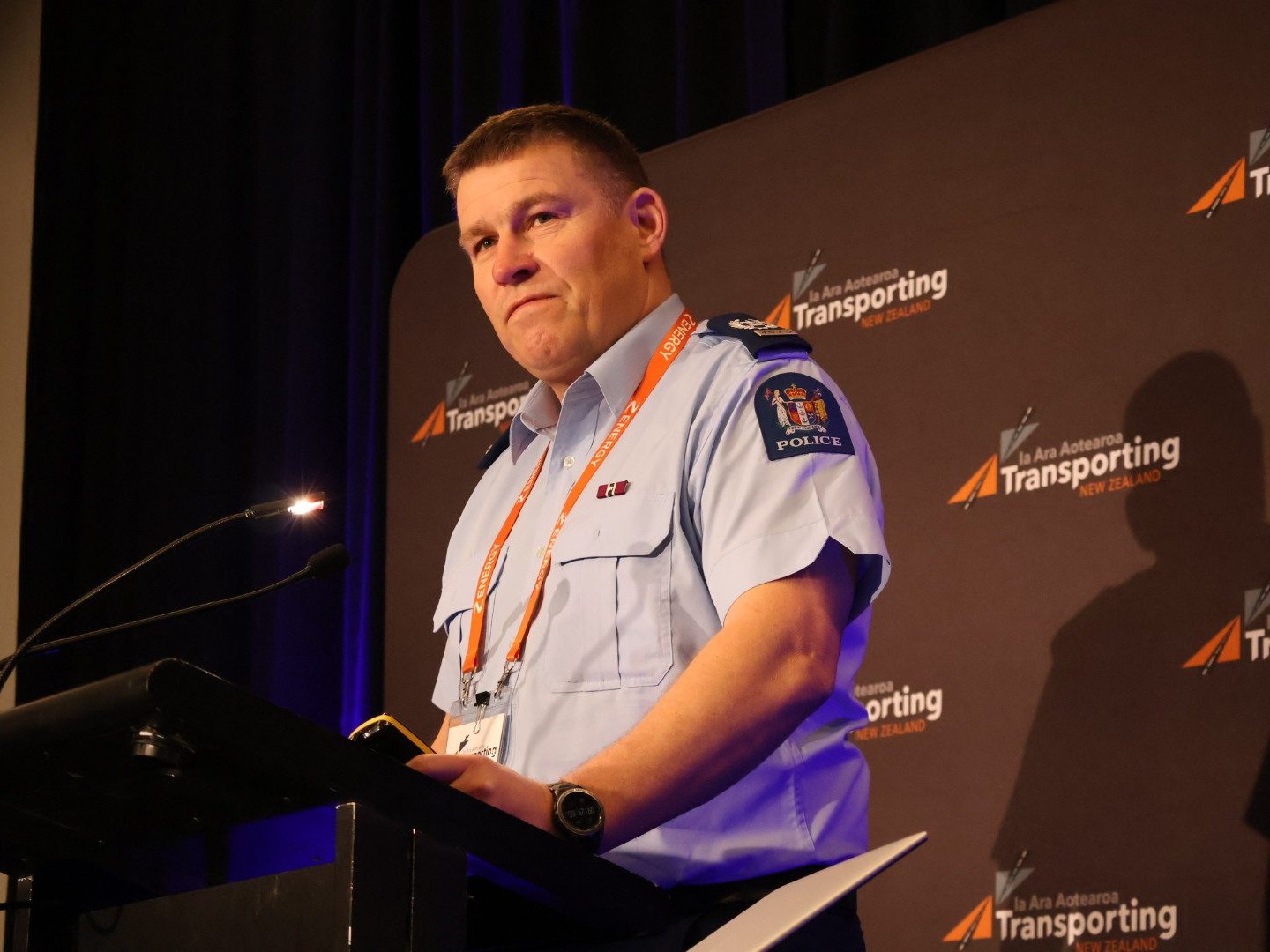
Roadside drug testing coming 2025/2026
Two notable things came out of Senior Sergeant Hugh Tait’s talk at the South Island Road Freight Seminar in Christchurch last month.
One is that there’s an issue with 20 per cent of heavy vehicles on the roads.
The other is that freight operators must get ready for the drug testing that is planned for late this year, or early next.
Snr Sgt Tait, of the Police’s Commercial Vehicle Safety Team (CVST), says two drug tests are being evaluated to determine which best fits NZ Police requirements.
Whichever is chosen: “It will test up to 25 drugs, but primarily it will focus on the big four – cannabis, meth, cocaine and MDMA.”
The testing system is a mouth swab test of a person’s saliva.
“If that is a fail a second test will be done. That will be sent away for analysis and there should be a result within 7 to 10 days.”
If they have ‘two’ positive tests only then they will be suspended from driving for 12 hours.
Tait says companies need to have a contingency plan in place for the situation where a driver can’t drive but there is a truck and cargo that needs to be looked after.
Drivers also need to know the associated demerit points might be enough to get them banned from driving full-stop, as reaching 100 points within a two-year period means a suspended licence for three months.
Positive tests for one drug will incur 50 demerits while having two or more drugs in their system will incur 75. It’s also an automatic 75 demerits for refusing to take a drug a drug test, plus a $400 fine and an automatic 12-hour suspension.
Tait suggests companies also look at having drug and alcohol counselling available, and all firms need an HR policy on failed tests.
The target for police is 50,000 oral drug tests per year and going by the findings of wastewater drug testing, they will pick up quite a few offenders.
Commercial vehicle inspection results revealed
Snr Sgt Tait says the continued focus on commercial vehicles will also of interest to truckies.
The CVST intends to perform 50,000 commercial vehicle inspection reports per year over the next three years, which Tait says has already been accomplished for the past four to five years.
Based on 2024 figures, 30 per cent of commercial inspections result in an infringement. This could be for speeding, for illegal cell phone use, a vehicle fault, or a driver issue such as a logbook breach.
He says CVST is picking up non-commercial vehicles as well, so the bulk of the tickets are for speed (13,002) across a range of vehicles.
For heavy vehicles there were 6,241 speeding infringements in 2024 issued by all police, not just the CVST. This is part of a rising trend of about 10 per cent year-on-year for heavy commercial vehicles.
Sergeant Tait says there is also a plan to ticket more vehicles who are under 11 km/hour over the limit, so it is likely these figures will keep rising until people get their speed under control.
Worryingly, one in five vehicles is being pinged for a vehicle safety and fitness issue.
The good news, he says, is that the number of serious safety defects being picked up is “fairly low”.
“Not even 1 and a half percent of stops are resulting in a pink or a green sticker.”
But add all the defect notices from the minor to the more serious and he says it comes to 20 per cent.
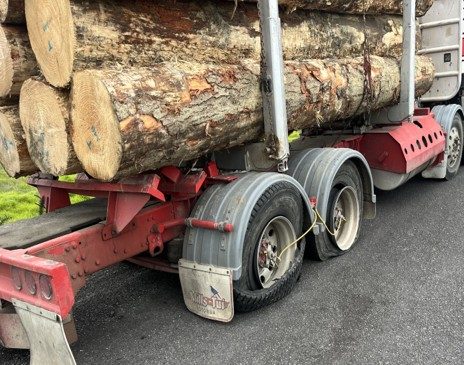
He posed the question: “As an industry, are we happy that 20 per cent of our fleet has some sort of defect?”
“It’s something to consider.”
